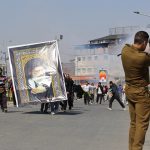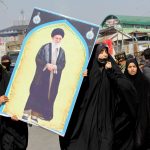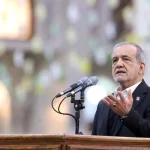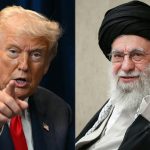Tanzania’s ban on X (formerly Twitter) has now entered its second month, as the government continues to restrict access to the platform over concerns about the spread of pornography. Since the government’s decision to block the site on May 20, internet users in Tanzania have not been able to access X unless using a virtual private network (VPN).
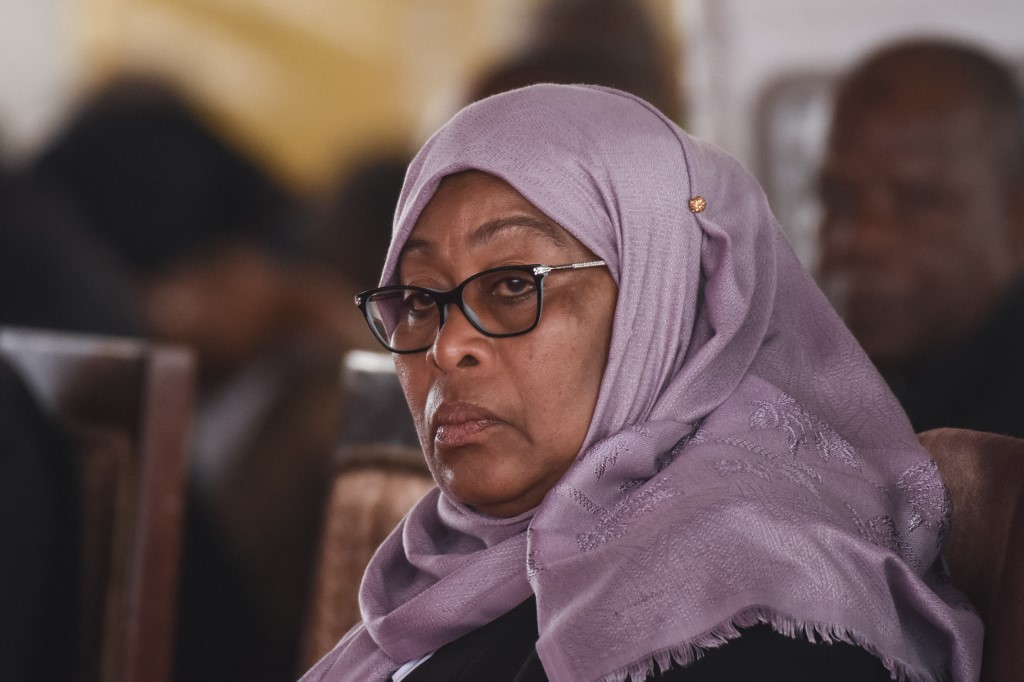
The country’s ICT Minister, Jerry Silaa, stated on June 3 that X was hosting content “against Tanzania’s laws, culture and values.” The Tanzanian government has consistently argued that the platform’s content policies, particularly its stance on adult content and same-sex relationships, do not align with the nation’s legal and ethical standards. In addition to X, other platforms like YouTube have also faced restrictions, with certain content deemed inappropriate or harmful being blocked.
The ban followed an incident in May where the official Twitter account of the Tanzania Police Force was hacked. The hackers posted false information, including a claim that President Samia Suluhu had passed away, alongside explicit content. This breach, coupled with rising political tensions, led the government to act swiftly to restore control.
Tanzanian rights groups have expressed concerns about the broader implications of the ban, describing it as part of a troubling pattern of digital repression, particularly ahead of the October 2025 elections. The Legal and Human Rights Centre (LHRC) pointed out that this wasn’t the first time X faced restrictions, a similar shutdown occurred ahead of the 2020 elections. The rights group further criticized the government for its inconsistency, noting that while public officials continue to use X, the platform remains blocked for the general public.
The ban has also sparked international attention due to its timing, coinciding with heightened crackdowns on human rights activists and opposition figures, including the deportation and detention of several prominent East African activists. Among those detained was Kenyan activist Boniface Mwangi and Ugandan journalist Agather Atuhaire, both of whom faced mistreatment during their time in custody.
As the government defends its actions as a necessary measure to uphold Tanzanian values, critics argue that the restrictions are part of a larger effort to restrain dissent ahead of the elections. Despite this, President Samia Suluhu’s administration insists that the upcoming polls will be free and fair, maintaining that the country remains a stable democracy.


